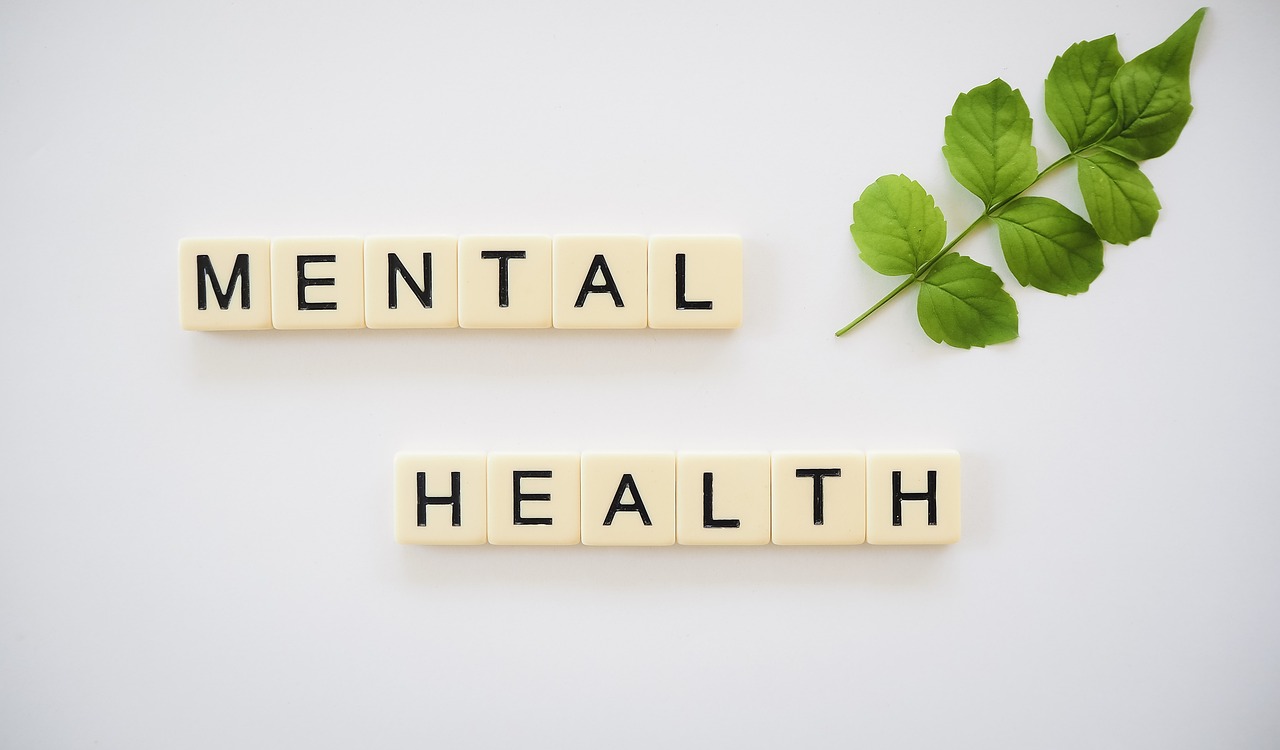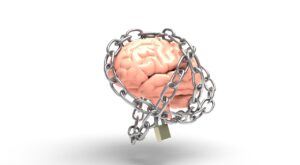## Introduction to mental health awareness
Mental health is a critical aspect of our overall well-being, yet it is often overlooked and misunderstood. As individuals, it is essential for us to understand the importance of mental health awareness and the impact it has on our lives. By shedding light on mental health issues and solutions, we can create a society that is supportive and empathetic towards those who struggle with their mental well-being.
The importance of mental health awareness
Mental health awareness is vital because it helps break down the stigma surrounding mental health issues. By increasing awareness, we can educate society about the prevalence and impact of mental health problems, promoting a more empathetic and understanding attitude towards those who experience them. Furthermore, mental health awareness campaigns can encourage individuals to seek help, reducing the number of untreated cases and improving overall mental well-being.
Common mental health issues
There is a wide range of mental health issues that individuals may face. These include anxiety disorders, depression, bipolar disorder, schizophrenia, and eating disorders, among others. Each of these conditions manifests differently, but they all have a significant impact on an individual’s daily life and overall functioning. Understanding the symptoms and effects of these mental health issues is crucial in order to provide appropriate support and treatment.
Understanding mental health services and care
Mental health services and care are essential components of a comprehensive approach to mental well-being. These services include counseling, therapy, medication management, and support groups. It is important to have access to a variety of options to meet the diverse needs of individuals seeking mental health care. By understanding the different types of services available, individuals can make informed decisions about their treatment and find the support they need.
The role of mental health counselors and therapists
Mental health counselors and therapists play a crucial role in supporting individuals with mental health issues. They provide a safe and confidential space for individuals to express their thoughts and emotions, offering guidance and support along the way. Through various therapeutic techniques, counselors and therapists help individuals gain insight into their thoughts and behaviors, develop coping strategies, and work towards positive change. Their expertise and empathy are invaluable in the journey towards improved mental well-being.
Different types of mental health therapy
There are various types of therapy that can be effective in treating mental health issues. Cognitive-behavioral therapy (CBT) focuses on identifying and changing negative thought patterns and behaviors. Dialectical behavior therapy (DBT) is particularly helpful for individuals struggling with emotional regulation and self-destructive behaviors. Additionally, psychodynamic therapy explores the unconscious mind and past experiences to gain insight into current difficulties. By understanding the different approaches to therapy, individuals can find the best fit for their specific needs.
Mental health support and resources
In addition to professional counseling and therapy, there are numerous mental health support and resources available to individuals. Support groups provide a space for individuals with similar experiences to connect and share their challenges and successes. Online forums and helplines offer immediate support and guidance. Additionally, mental health apps and websites provide valuable information, self-help tools, and resources for individuals seeking to improve their mental well-being. Utilizing these support systems can make a significant difference in an individual’s mental health journey.
Promoting mental health awareness in society
Promoting mental health awareness in society is a collective effort that requires the participation of individuals, communities, and institutions. Education about mental health should be integrated into school curricula, workplaces, and community programs. By normalizing conversations around mental health, we can reduce the stigma associated with it and create an environment where individuals feel comfortable seeking help. It is important to foster a culture that values mental well-being and prioritizes the support and understanding of those who struggle with mental health issues.
Psychological disorders and their treatment
Psychological disorders encompass a wide range of conditions that affect an individual’s thoughts, emotions, and behaviors. These disorders can be diagnosed using specific criteria outlined in the Diagnostic and Statistical Manual of Mental Disorders (DSM-5). Once a diagnosis is made, appropriate treatment options can be explored. Treatment may involve a combination of therapy, medication, and lifestyle changes. It is crucial to address psychological disorders promptly to prevent further complications and improve overall quality of life.
The benefits of psychotherapy and psychosocial interventions
Psychotherapy, also known as talk therapy, is a powerful tool for addressing mental health issues. Through psychotherapy, individuals can explore their thoughts, emotions, and behaviors in a safe and supportive environment. Therapists help individuals gain insight into their challenges, develop coping strategies, and work towards positive change. Psychosocial interventions, which focus on the individual’s social environment, can also be beneficial. These interventions aim to improve social support, reduce stressors, and enhance overall well-being.
The role of psychiatric treatment in mental health care
Psychiatric treatment plays a vital role in the comprehensive care of individuals with mental health issues. Psychiatrists are medical doctors who specialize in diagnosing and treating mental health disorders. They can prescribe medication, monitor its effectiveness, and make adjustments as needed. Collaborating with a psychiatrist can be beneficial for individuals who require medication management or have complex mental health conditions that may require a combination of therapy and medication.
Psychological evaluation and assessment
Psychological evaluation and assessment are crucial steps in understanding an individual’s mental health concerns. These assessments involve gathering information about the individual’s personal history, symptoms, and current functioning. They may include interviews, questionnaires, and psychological tests. By conducting a thorough evaluation, mental health professionals can formulate an accurate diagnosis and develop an appropriate treatment plan tailored to the individual’s needs.
Cognitive behavioral therapy for mental health
Cognitive-behavioral therapy (CBT) is a widely used therapeutic approach for various mental health issues. It focuses on the relationship between thoughts, emotions, and behaviors, aiming to identify and change negative patterns. CBT helps individuals develop healthier coping strategies, challenge irrational beliefs, and improve problem-solving skills. It is a practical and evidence-based therapy that can be effective in treating conditions such as anxiety disorders, depression, and post-traumatic stress disorder.
Conclusion
Understanding the importance of mental health awareness is crucial in creating a society that supports and empowers individuals struggling with mental health issues. By shedding light on mental health issues and solutions, we can break down the stigma surrounding mental health, promote early intervention, and improve overall well-being. It is essential for individuals to educate themselves about mental health, seek appropriate support and treatment, and advocate for a society that values mental well-being. Together, we can create a world where mental health is prioritized and individuals can thrive.
If you or someone you know is struggling with mental health issues, reach out to a mental health professional or helpline for support. Remember, seeking help is a sign of strength, and you are not alone in your journey towards improved mental well-being.




